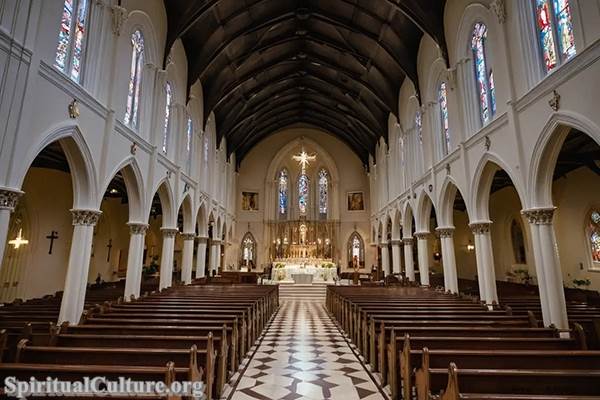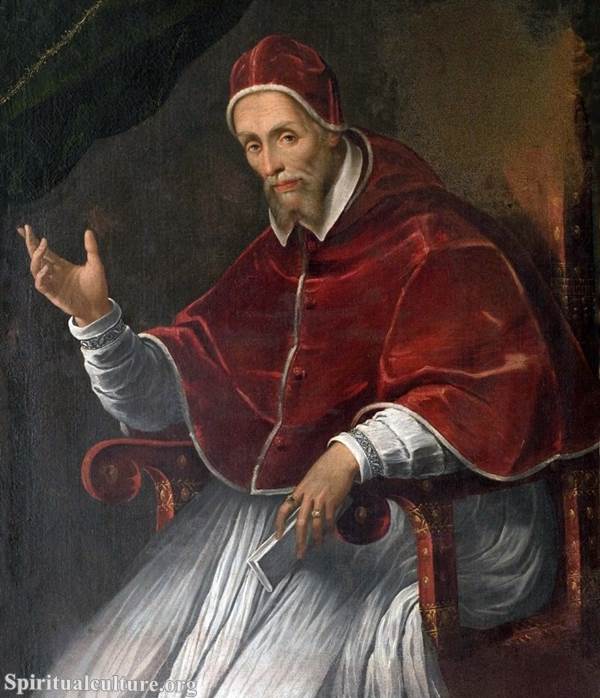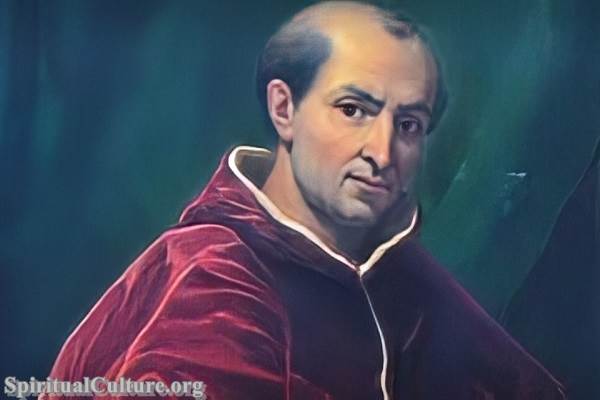Pope John XXIII, born Angelo Giuseppe Roncalli, was remarkable in Catholicism and the Catholic Church. Serving as Pope from 1958 until his death in 1963, his papacy was marked by profound reform and a deep commitment to social justice. This article will explore Pope John XXIII’s influence on Catholicism, his role in the Catholic Church, and his enduring legacy.
Early Life and Ascension to Papacy
Born in 1881 in Sotto il Monte, Italy, Angelo Giuseppe Roncalli was the fourth of thirteen children in a family of sharecroppers. His path to Catholicism started early when he entered the seminary at the age of twelve. He was ordained as a priest in 1904 and held various roles within the Catholic Church before being appointed as the Apostolic Nuncio to France in 1944. In 1953, he was made a Cardinal and appointed as the Patriarch of Venice. Following the death of Pope Pius XII in 1958, he was elected as Pope, choosing the name John XXIII.
Pope John XXIII and Catholicism
Pope John XXIII’s influence on Catholicism was profound and far-reaching. He is best remembered for convening the Second Vatican Council, which significantly changed the Catholic Church. The Council, which was held from 1962 to 1965, aimed to modernize the Church and improve relations with other Christian denominations. The Council’s decrees led to the revision of the Mass, allowing for the use of vernacular languages instead of Latin, and promoted greater lay participation in the Church.

Pope John XXIII (1881-1963)
Pope John XXIII also played a significant role in advancing social justice within the Catholic Church. His encyclicals, Mater et Magistra and Pacem in Terris addressed the Church’s role in economic and political life. He emphasized the importance of human rights and called for peace and disarmament during the Cold War. His teachings continue to inspire Catholics to strive for social justice and peace in the world.
Pope John XXIII and the Catholic Church
Pope John XXIII’s leadership of the Catholic Church was characterized by openness and a desire for unity. He was known for his warmth and humor, earning him the nickname “Good Pope John.” His approachable demeanor and commitment to dialogue helped to bridge divisions within the Church and foster better relations with other faith communities.
Pope John XXIII’s Legacy
Pope John XXIII’s impact on Catholicism and the Catholic Church continues to resonate. His groundbreaking Second Vatican Council transformed the Church and laid the foundation for modern Catholicism. His teachings on social justice have inspired generations of Catholics to work for peace and equality.
In 2013, Pope Francis declared Pope John XXIII a saint, recognizing his extraordinary contributions to the Church. His canonization ceremony, held in 2014, was attended by thousands of Catholics from around the world, a testament to his enduring influence and beloved status.
In conclusion, Pope John XXIII was a transformative figure in Catholicism and the Catholic Church. Significant reforms marked his papacy, a commitment to social justice, and a desire for unity within the Church and other Christian denominations. His legacy continues to inspire Catholics around the world, reminding us of the power of faith to effect positive change in the world.




